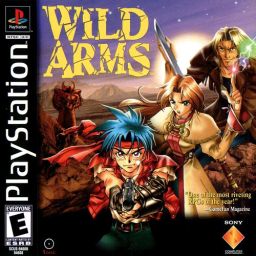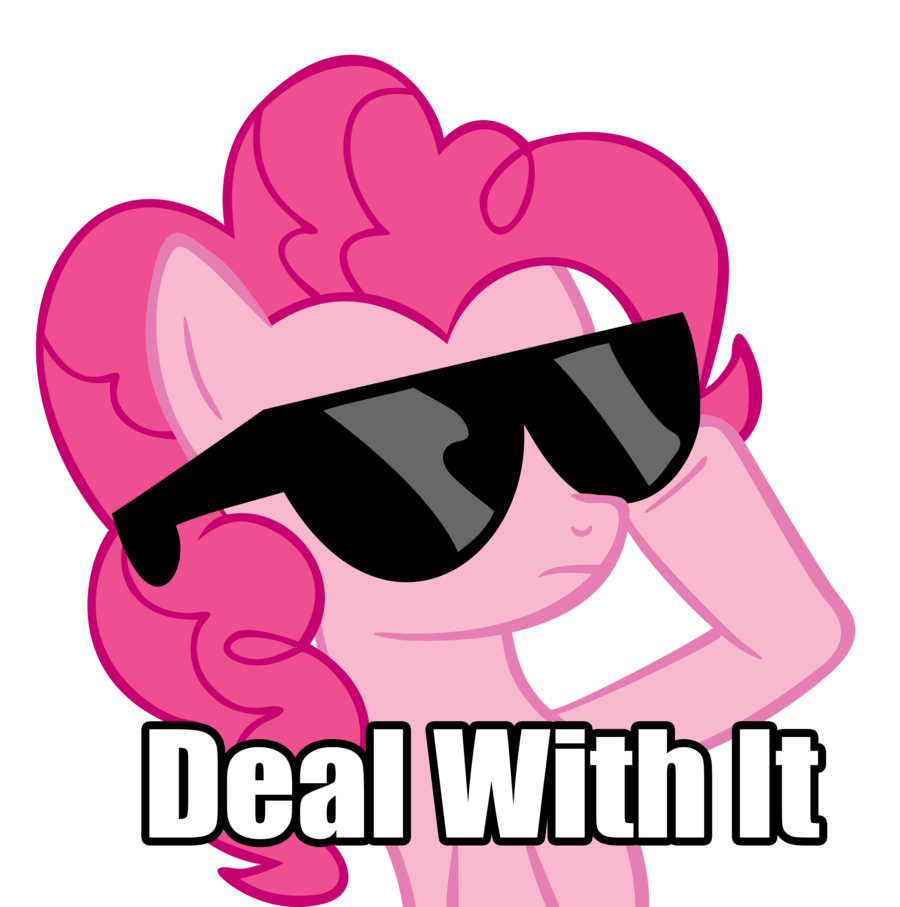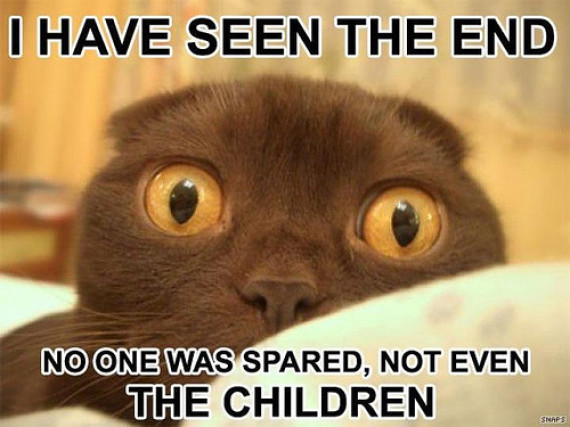F@#$ Eldritch Horror
Verdict first, because that is how I am rolling in 2015.
I really like this game, which when you think about it is surprising because
#1 - it's kinda an adventure board game. Which I usually hate. The wandering around shouting, "See my gun? Can you make it better?" added with the length required to play usually makes me root to be a traitor.
But you're not exploring a dungeon here, the map is already revealed, and if you spend too much time making your gun better Cthullu will eat you.
#2 - It takes a long time to play. Well unless you really blow it and concede the world to Yig. But you should expect an hour per player.
But there's lots to do, and competing crucial tasks. It stays interesting enough for the game run-time.
#3 - It's Cthullu mythos themed. I am not a fan of the Lovecraft. I mean, it's ok but not something I seek out. Sometimes I feel that if HP Lovecraft took a dump, my friends would insist that it is actually an intriguing cosmic horror.
But while I am not a fanboy, I can appreciate good themes. And Eldritch Horror delivers on that Lovecraftian Horror theme nicely.
The Plot
One of the Cosmic Horrors from the Lovecraft Mythos is coming to eat the world, and you are one of a handful of characters trying to stop the spawning. To do that, you must close magical gates, fight eerie monsters and complete epic quests.
This feels like an end of the world story. Things start slow but keep getting worse and worse.
This feels like a Lovecraft story; you may win, but there is always a price to pay by your psyche.
The Mechanics
There are 3 phases to the game, I don't have the rules handy so I'm making up my own terms.
These phases in order are: Actions, Encounters and Events.
Phase 1: Actions
These are the things the characters do. Duh.
You rest up and heal, you can move to an adjacent space, you can buy a ticket so you can move farther later, you can try and acquire gear or you can "focus" and gain a re-roll asset.
Each character also gets an action unique to their character and over the course of the game you may gain gear that does actions too, like spells and such.
You get two of these, and you can't repeat actions. So if you need to travel from Sydney to London, its going to take a while.
There's some other caveats. Like you can't get gear unless you're in a city, you can't get a boat ticket unless you're in a port, and if there's a monster in your location you can't do much of anything,
Phase 2: Encounters
After all the moves are completed, the table does encounters. Encounters are mandatory, you can't skip if you don't wanna. They are also based on your location. This is also when fighting monsters occurs
Some encounters help you win (called mysteries), some encounters prevent you from losing (close gates), some encounters get resources (clues, some particular major cities, expeditions), some encounters help out the global picture (a couple major cities again) and some should be avoided (generic city, wilderness, sea spot).
Maneuvering to do the right encounters is pretty much the game. You have competing goals here: you need to close gates because if you don't you lose, but you also need to solve the mystery because if you don't you can't win. And you need to gather some resources because if you don't closing gates and solving mysteries might be impossible! Fun!
Phase 3: Events
At the end of every turn, the Empire Strikes Back
a variety of things happen. Most of them bad.
The time before the world devourer spawns may drop.
More gates can spawn.
More monsters can spawn.
Some new resource sucking event may linger (game term a rumor)
Monsters may chase you, you might go crazy or that nagging leg injury finally catches up to you.
All of this is explained on a single card!
The point of all this is really to set everyone back.
Replayability
Very very high, especially with the expansions. While a lot of the encounters get cycled through enough that they repeat, what's important to do changes with each big bad. Some games clues are at a crazy premium. Some games you got to kill lots and lots of monsters. Some games you are overwhelmed with gates. The world never ends the same way twice.
Strategery
The game changes WILDLY depending on how many people are playing, so these observations are mostly for 5 player; which I think is the hardest setting.
A balanced party seems pretty key. You need critter killers and gate closers, and those tasks might be mutually exclusive. Some support characters are nice, but too many of them means you don't have enough people actually doing things.
Clues and weapons are your most important resources. Weapons, because otherwise it takes to long and you take too many hits killing critters. Clues because closing gates, solving mysteries or any number of other mechanics require clues. Clues are tough to get under normal circumstances. It's a non-trivial encounter to gain a clue, so some kind of clue gathering engine also really helps.
Beware of personal improvement over party goals. Gearing up your character when you could be furthering the quest tends to make you the best equipped hors-d'oeuvre.








